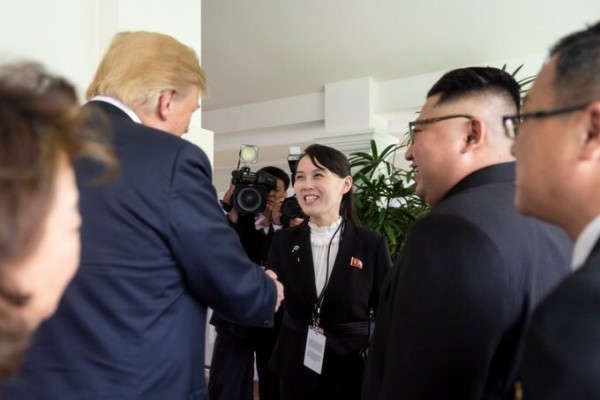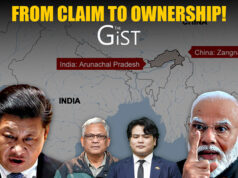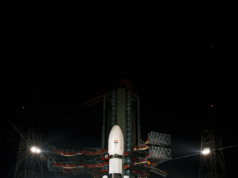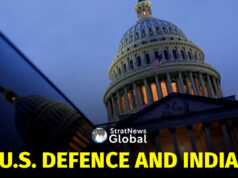SEOUL: Kim Yo Jong, the powerful sister of North Korean leader Kim Jong Un, again denied arms exchanges with Russia.
State media KCNA on Friday quoted her as saying her nation’s weapons systems were not for sale to any other countries.
The U.S. and South Korea accused North Korea of transferring weapons to Russia for use against Ukraine. Both Moscow and Pyongyang have denied the accusations, but vowed last year to deepen military relations.
Ties between the two countries have strengthened dramatically following North Korean leader Kim Jong Un’s September summit with President Vladimir Putin.
But Kim Yo Jong said the North Korea-Russia arms deal was an “absurd theory,” a false rumour spread by hostile forces. New tactical weapons like rocket launchers and missiles were not for exports, but for defence against South Korea, she said.
North and South Korea remain technically at war because their 1950 to 1953 conflict ended in a truce, not a treaty.
North Korea has deployed thousands of troops and heavy equipment along the border with South Korea over the past month. These include excavators to lay mines and barbed wire, a South Korean newspaper said.
South Korea’s defence ministry said in a statement that it was closely monitoring the North Korean military’s activities.
Meanwhile, the US slapped fresh sanctions Thursday on five Russian entities for facilitating arms transfers between Russia and North Korea. These include ballistic missiles for use in Ukraine.
Separately, North Korea’s ambassador to Russia on Thursday called Ukrainian President Volodymyr Zelenskyy a U.S. puppet. Russia would emerge victorious in its conflict with Kyiv, he added.
(REUTERS)
In a career spanning three decades and counting, Ramananda (Ram to his friends) has been the foreign editor of The Telegraph, Outlook Magazine and the New Indian Express. He helped set up rediff.com’s editorial operations in San Jose and New York, helmed sify.com, and was the founder editor of India.com.
His work has featured in national and international publications like the Al Jazeera Centre for Studies, Global Times and Ashahi Shimbun. But his one constant over all these years, he says, has been the attempt to understand rising India’s place in the world.
He can rustle up a mean salad, his oil-less pepper chicken is to die for, and all it takes is some beer and rhythm and blues to rock his soul.
Talk to him about foreign and strategic affairs, media, South Asia, China, and of course India.





